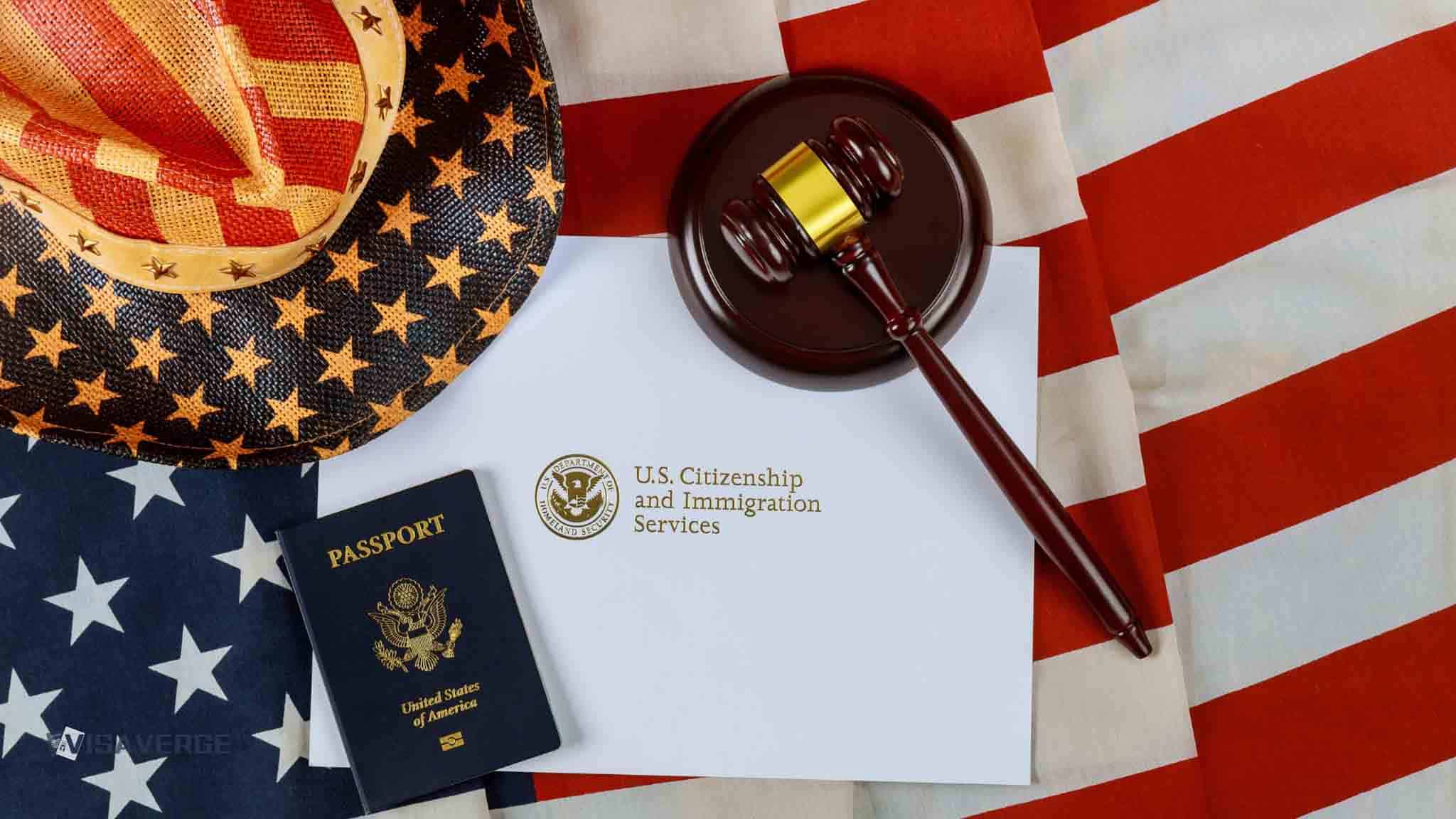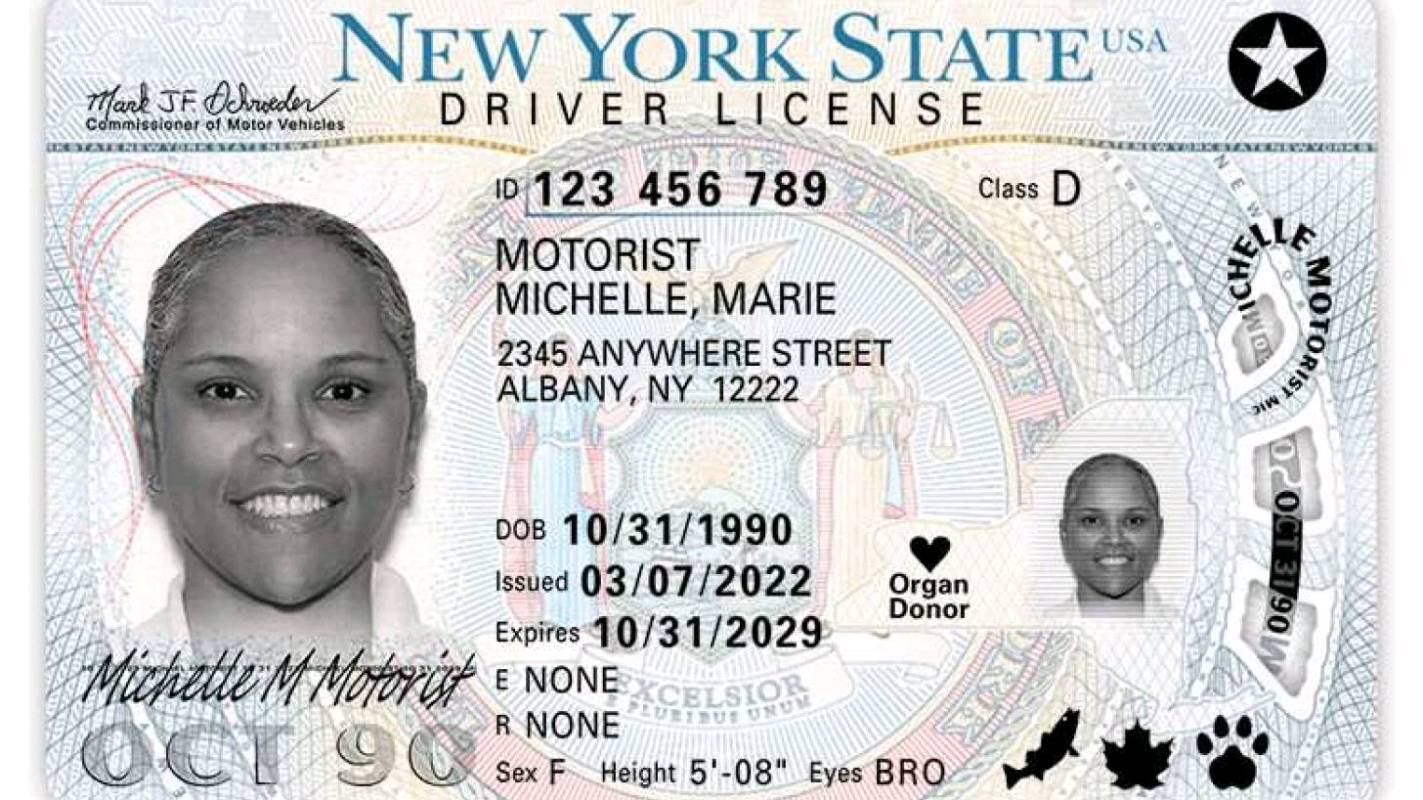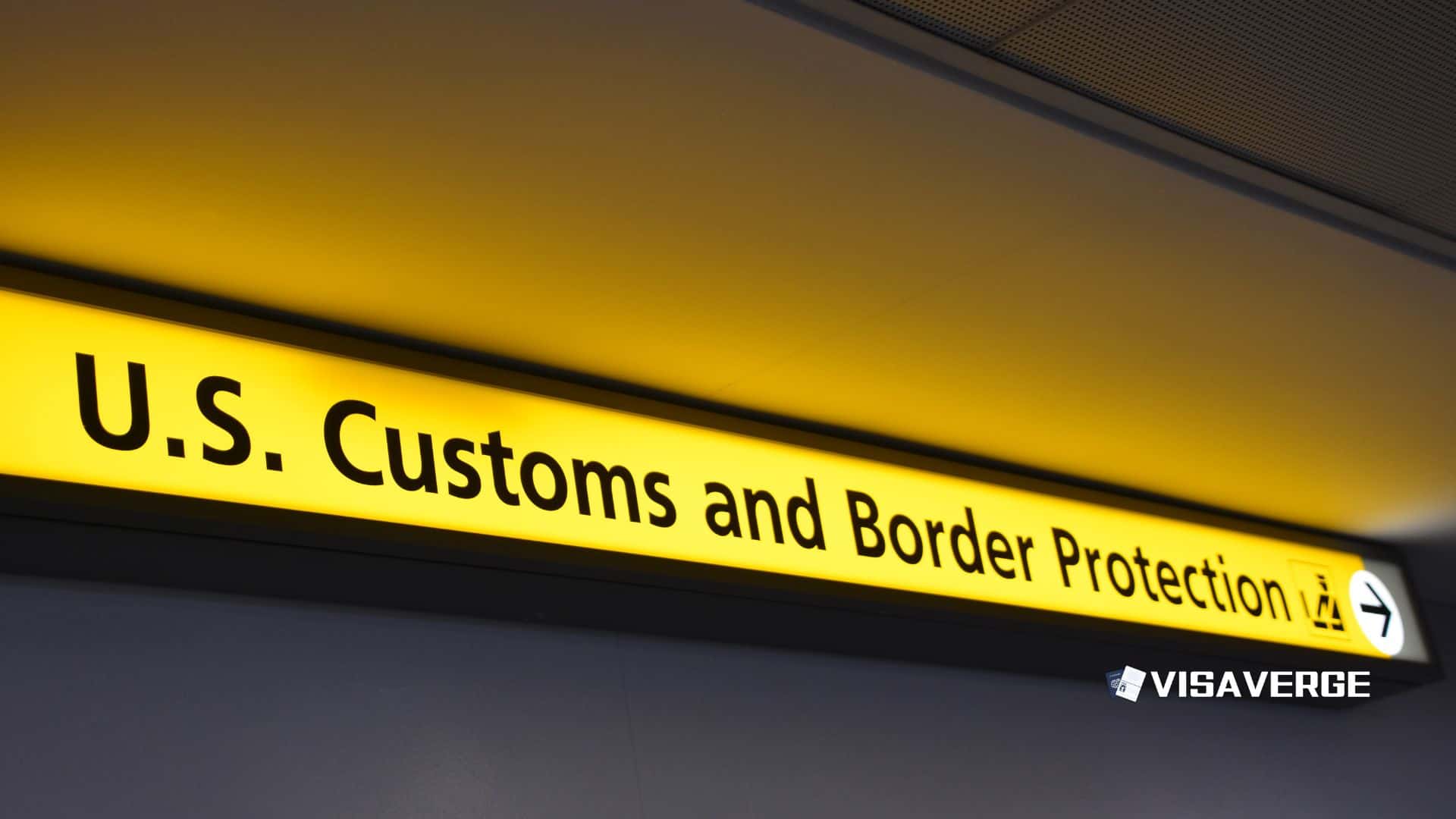Immigration lawyers in San Diego say a routine Green Card Interview has turned into a trap, as U.S. Immigration and Customs Enforcement (ICE) agents began detaining applicants during their USCIS interview appointments in early November 2025, including spouses of U.S. citizens with no criminal record. The ICE arrests, first reported in at least six marriage‑based cases at the San Diego field office, have raised sharp fears that what used to be the hopeful final step toward permanent residence may now carry the risk of handcuffs, detention, and fast‑tracked removal proceedings.
What happened at USCIS interviews in San Diego

According to local attorneys, the pattern follows a similar script. Couples arrive at the USCIS building expecting questions about their relationship. Instead, once the officer confirms that the foreign spouse overstayed a visa or otherwise lacks current lawful status, ICE officers appear, place the applicant in handcuffs, and escort them out of the same federal office where they hoped to leave with an approved green card.
Family members, including young children, have watched parents taken away in seconds.
- The arrests were reported in at least six marriage‑based cases at the San Diego field office.
- Those detained were transferred to the Otay Mesa Detention Center, a private facility under federal contract.
- Each detention bed at Otay Mesa costs taxpayers about $200 per day.
Who was affected
In the San Diego cases, those detained were all “immediate relatives” of U.S. citizens under immigration law — a category that traditionally enjoys the broadest path to forgiveness for visa overstays through the adjustment‑of‑status process.
- None of the detained individuals had criminal histories, according to their lawyers.
- Examples include:
- A pregnant woman from the United Kingdom.
- A spouse married to an active‑duty Navy sailor.
- A father of an autistic teenager who relied on him for day‑to‑day care.
Jacob Sapochnick, a longtime immigration attorney in San Diego who represents several of the families, said the new practice breaks an unspoken promise that marriage‑based applicants who came forward in good faith would be allowed to finish the process.
“It’s a waste of resources. It creates anxiety for the spouses and trauma that will last a long time,” he said, arguing that many of those detained were on track to receive permanent residence but instead were sent straight to immigration detention.
ICE response and official position
ICE, in a written statement, defended the arrests as a straightforward application of immigration law.
“Individuals unlawfully present in the United States, including those out‑of‑status at federal sites such as USCIS offices, may face arrest, detention and removal in accordance with U.S. immigration law.”
Officials stressed that attending a USCIS interview does not give any guarantee against enforcement and that visa overstays are considered “unlawful presence” regardless of marriage to a U.S. citizen.
Practical impacts on families
Families describe scrambling to find legal help and money for bond while trying to keep working, pay rent, and explain to children why a parent vanished after what was supposed to be a routine Green Card Interview. For some, the arrests came just minutes after officers appeared to accept the marriage as real.
One U.S. citizen woman whose husband was detained after their interview told local reporters that her children watched agents take their father away in handcuffs from the waiting area. She said the family had been open about a past overstay and believed it would be forgiven because the marriage was real and they had followed the instructions on government forms.
“We did everything they asked us to do,” she said. “We trusted the process, and now my kids cry every night.”
How the practice appears to have changed
Lawyers and advocates say the shift began in early November 2025 and appears tied to closer coordination between USCIS and ICE.
- Where USCIS officers once had more room to handle minor status issues inside the adjustment process, they are now flagging cases where applicants are technically removable and passing that information directly to enforcement agents.
- The administration has also widened removal priorities to cover almost anyone without current status — not just people with criminal records or recent border crossings.
The immediate effect, attorneys say, is a wave of fear among immigrants who had long been told that marriage‑based adjustment of status inside the United States was the safer, more stable option.
Who is now worried
People who entered with visas but overstayed, those who came on the Visa Waiver Program without getting an I‑94, and applicants with old deportation orders or past Border Patrol encounters now worry that a simple USCIS interview could trigger ICE arrests. Even dismissed criminal charges, prior fraud findings, or a decade‑long overstay can push a case into the high‑risk category.
- Students on F‑1 visas
- Workers on H‑1B visas
- Visitors who fell out of status after job loss or illness
- Mixed‑status couples where a spouse entered without inspection or with no visa
Many of these people are now calling lawyers to ask whether they should still move forward with planned filings.
Forms, guidance, and data sharing
Many marriage‑based applicants inside the country use the Form I‑485 application for adjustment of status, filed with USCIS. According to analysis by VisaVerge.com, such cases were widely seen as low‑priority for enforcement unless there was fraud or a serious crime. The San Diego arrests have shaken that assumption.
- USCIS has not publicly announced any formal policy change specific to the San Diego field office, but attorneys point to growing data sharing between the benefits agency and ICE.
- The Department of Homeland Security already runs fingerprints and background checks on most applicants through shared systems.
- Official guidance on the USCIS website stresses that information provided in applications can be used for law‑enforcement purposes, though it does not explicitly warn that attending an adjustment interview may result in on‑the‑spot detention.
Local outlet KPBS first detailed several of the San Diego arrests, while practitioners expanded on the pattern in posts on the Visa Lawyer Blog, a site run by Sapochnick’s firm, which called the practice “a troubling new tactic.” ICE, on its own site at ice.gov, has emphasized that it will continue to focus on what it calls “removable noncitizens,” a term broad enough to include people who overstayed student or tourist visas years ago and have since built families and careers in the United States.
An article on the firm’s site, VisaLawyerBlog.com, warns that the Green Card Interview can no longer be viewed as a safe, administrative step for anyone with visa‑status problems in their past. Instead, it urges couples to treat each USCIS interview as a possible enforcement encounter and to complete a full legal review before walking into a field office.
Potential long‑term effects
For international students and skilled workers abroad who hope to build lives in the United States 🇺🇸, the reports may change long‑term calculations.
- Many F‑1 graduates move onto Optional Practical Training and then H‑1B status while their employers or U.S. citizen spouses file Form I‑485 on their behalf.
- If the final in‑person interview carries a real risk of detention for anyone with a past overstay or paperwork issue, some may decide the process is too uncertain and look instead to other destinations such as Canada 🇨🇦 or Europe.
Recommendations from attorneys and advocates
Attorneys now say that anyone with a history of overstay, entry without inspection, prior removal, or contact with border agents should not attend a USCIS interview without first talking to a qualified lawyer about the risks and possible defenses.
Be aware: a routine green card interview can lead to ICE detention even for those with clean records. Do not go in unprepared; consult an attorney first and understand potential enforcement risks.
Key recommendations:
- Get a full legal review before attending any USCIS interview.
- Collect records: travel history, prior applications, notices, and any immigration‑related documents.
- Speak honestly with counsel about past entry, overstays, or encounters with immigration authorities.
- Consider delaying an interview until you have advice on potential defenses and bond options.
- Prepare family members for possible outcomes and plan for emergency legal and financial support.
The legal doctrine that once allowed many immediate relatives to complete adjustment of status despite technical violations is still on the books, but advocates fear the way it is applied on the ground is changing fast.
Concerns about blurring enforcement and service functions
Advocates argue the practice blurs lines that once separated service‑oriented immigration functions from pure enforcement.
- ICE field guidance historically discouraged arrests at “sensitive locations” such as schools, hospitals, and houses of worship.
- While USCIS offices were never fully protected, many applicants drew comfort from the idea that a benefits appointment was more about paperwork than enforcement.
- Turning USCIS offices into arrest sites may push people with complicated histories deeper into the shadows instead of encouraging them to come forward and correct their status when the law allows.
Wider watch and final takeaways
For now, there is no sign that ICE arrests at Green Card Interview appointments are limited to San Diego, and lawyers elsewhere say they are watching closely for similar patterns at their own field offices.
Until clearer guidance appears, attorneys recommend that anyone with visa lapses, removal orders, or any past contact with immigration authorities treat every step of the process as carrying both opportunity and risk. That means:
- Getting records,
- Reviewing travel history,
- Speaking honestly with counsel before a single form is filed or an interview notice is opened.
The promise of a green card remains real for many families, but the path to that card now runs much closer to the machinery of deportation than it did months ago.
Beginning in November 2025, ICE began arresting some Green Card applicants during USCIS interviews in San Diego, including immediate relatives with no criminal records. At least six marriage‑based cases were reported and detainees were sent to Otay Mesa Detention Center. Lawyers say USCIS appears to flag removable cases to ICE, creating fear and trauma among families. Attorneys advise full legal reviews, collecting documents, and considering delays or bond planning before attending interviews.













